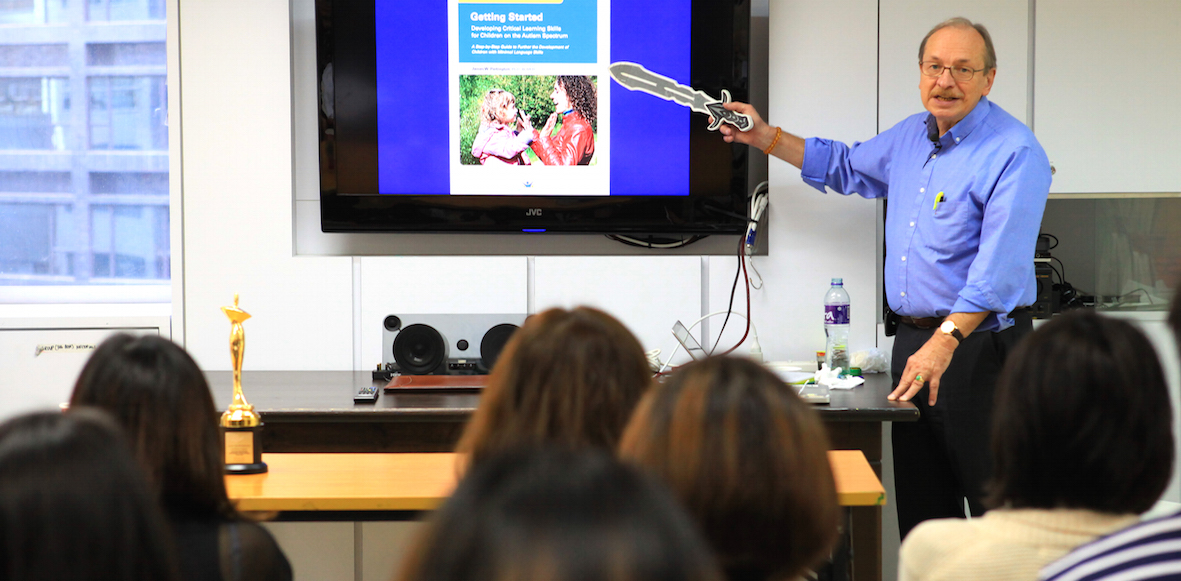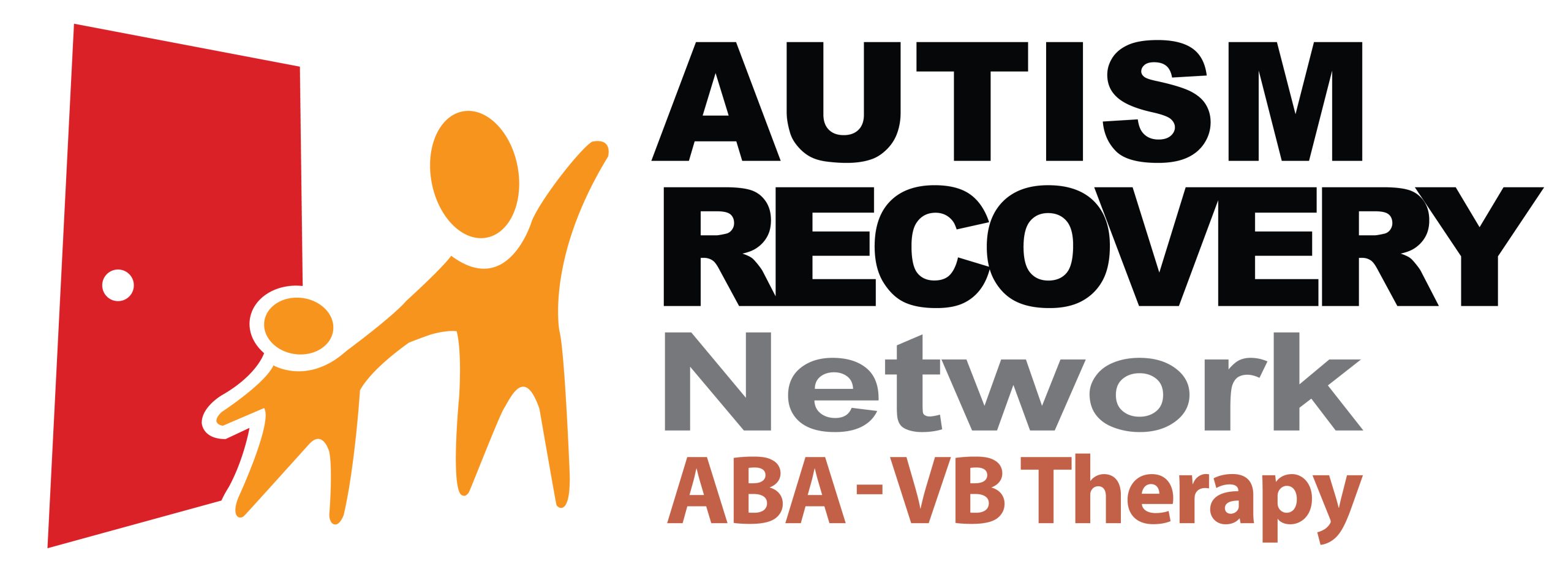Trained to Care, Ready to Teach
Our therapists receive thorough, hands-on training that equips them to create meaningful, personalized sessions — helping each child build skills with confidence and joy.
Guided by Expertise and Experience
At ARN, we believe growth happens when knowledge and compassion come together. Our experienced consultants provide ongoing mentorship, sharing strategies that empower therapists to bring out the best in every child. This continuous guidance ensures each session is not only effective, but also caring and responsive to individual needs. Parents can feel confident knowing their child is supported by a team committed to excellence, while professionals see a culture of learning that values evidence-based practice and heart-driven teaching.


Our Supervisors & Therapists
At ARN, program supervisors bring over 18–20 years of expertise in behavioral and language intervention. They provide clinical guidance, ongoing feedback, and regular training to ensure every child’s program is tailored with care and precision. Our therapists undergo intensive training in both theory and hands-on practice, making sure they follow supervisor recommendations with consistency and diligence. They are skilled in data gathering, committed to progress tracking, and well-versed in parent communication — helping families understand and carry over important skills at home. With this close collaboration, children benefit from a strong, supportive, and professional team around them.
Staff Training
We believe learning never stops. At ARN, staff training is both enjoyable and highly informative, combining professional expertise with hands-on application. All our staff are trained by our Principal Consultant, Dr. James Partington, ensuring that our team is guided by one of the most respected voices in the field of Applied Behavior Analysis.
Every new therapist completes an intensive training program covering natural environment teaching, verbal behavior instruction, reinforcement systems, discrete trial teaching, shaping of behavior, and data collection methods. On top of that, our staff receive specialized instruction in social skills training in school and community settings, shadow teaching, and self-help skills. Training is not a one-time event — our supervisors provide ongoing mentorship, regular feedback, and continuous opportunities to refine skills, making sure our therapists stay up-to-date, confident, and compassionate.
This culture of growth empowers our team to deliver the highest quality intervention while keeping training engaging, practical, and meaningful—benefiting not only our staff but also every child and family we serve.
Our Advisors

Dr. Pamela Wolfberg, Ph.D.
Dr. Pamela Wolfberg is a Professor of Special Education at San Francisco State University (SFSU) and originator of the Integrated Play Groups (IPG) model. She also founded the Autism Collective for Peer Socialization, Play & Imagination, leading global efforts to promote inclusive peer play. Her research and teaching focus on neurodiversity, peer socialization, play culture, and creative expression, with the goal of helping autistic children thrive in inclusive settings. An internationally recognized scholar and consultant, Dr. Wolfberg continues to advance the importance of play, inclusion, and social connection as fundamental rights for all children.
“Play is not a luxury — it is a fundamental human right that opens the door to learning, friendship, and belonging.” – Dr. Pamela Wolfberg

Prof. Timothy Buie
MD. Professor at Harvard Medical School
Professor Timothy Buie, MD is a pediatric Gastroenterologist at the Lurie Center for Autism, a multidisciplinary program that treats children, adolescents and adults with autism spectrum and other neurodevelopmental disorders. He has cared for children from over 40 states in the U.S. and from all over the world. In 2009 Dr. Buie was honored by the Autism Society of America as Professional of the Year for his outstanding work.
He has created a tangible educational program and teaching curricula presented nationally and internationally. His teaching series includes guidelines regarding behaviors of children with autism that may represent pain or other underlying medical issues and has been presented to parents; physical, occupational, and speech therapists; and a wide range of specialists from the medical community.

Dr. Martha Herbert
Assistant Professor of Neurology at Harvard Medical School
On top of her role with Harvard Medical School, Dr. Martha Herbert is also affiliated to Harvard-MIT-MGH Martinos Center for Biomedical Imaging, where she is director of the TRANSCEND Research Program (Treatment Research and Neuroscience Evaluation of Neurodevelopmental Disorders).
Her main research interests are in addressing autism as a “dynamic encephalopathy” (something that can change) rather than a “static encephalopathy” (something that is fixed for life) and in how environmental vulnerability affects brain and body health and function.

Dr. Kenneth Bock
Fellow of the American Academy of Family Practice, the American College of Nutrition, and the American College for Advancement in Medicine, of which he is a former President. He is also a faculty member of the Institute for Functional Medicine (IFM).
He is a world-renowned physician who established Bock Integrative Medicine, a comprehensive evaluation and treatment center in Rhinebeck, New York where he has successfully treated children and families with chronic complex medical disorders including but not limited to immune dysfunction, autoimmunity, chronic infections and the 4-A disorders (Allergies, Asthma, Autism and ADHD).
Our Passionate team wants to help your child
Ready to enrol your child? Click on the button below to browse our suite of programmes.





